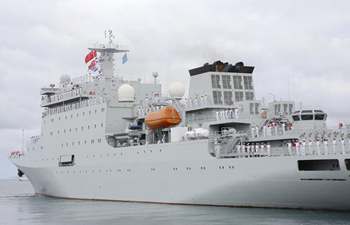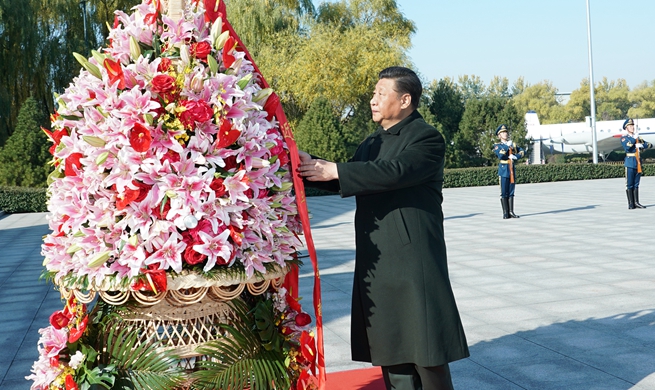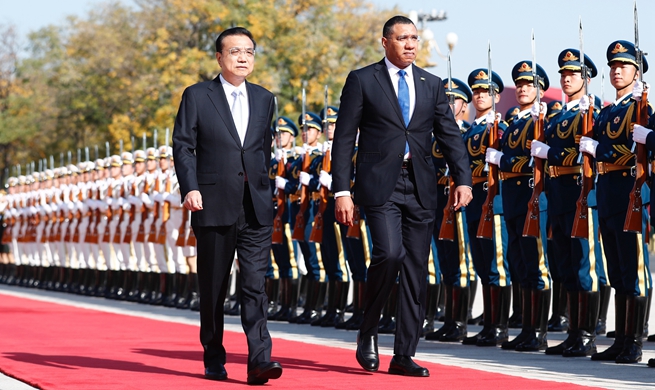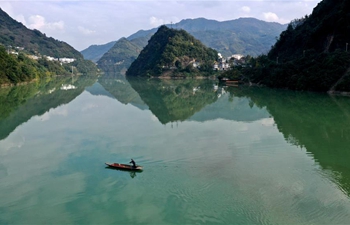BRASILIA, Nov. 8 (Xinhua) -- Days before the 11th BRICS summit to be held here on Nov. 13-14, the Brazilian government reaffirmed its defense of multilateralism in international relations for the promotion of common and negotiated solutions to the world's problems.
Brazil's position on multilateralism is "very clear," said Norberto Moretti, secretary for commercial and economic foreign policy of the Brazilian Ministry of Foreign Affairs.
"Brazil maintains its traditional position of not only making the strongest call for multilateralism, but also a political commitment to implementing, strengthening, and allowing for the vitality of multilateralism," Moretti said in a recent interview with Xinhua.
"We give daily demonstrations of this, whether supporting processes of reform in the WTO, for example, or participating diplomatically in various forums in which, with flexibility and creativity, common multilateral, plurilateral solutions are found when possible for the problems of the world, always making an effort to achieve negotiated solutions," he said.
This is a time in which there is great concern over a series of phenomena on the international stage, such as trade tensions, which Brazil hopes will be "managed and, with time, overcome," said the Brazilian diplomat, who is responsible for guiding his country in BRICS issues.
The international community "sees the need for creative approaches to solving problems" arising from international debates over multilateralism, unilateralism, plurilateralism, etc., he said.
He said BRICS, composed of Brazil, Russia, India, China, and South Africa, has an economic dimension and a geopolitical dimension.
"The emphasis on the economic or geopolitical dimension of BRICS will vary depending on the circumstances of the moment," he added.
Moretti emphasized the economic relevance of BRICS on the global stage, noting that China is the world's second largest economy, India has been an important economic performer over the last years, Russia, South Africa and Brazil are important regional poles.
"Brazil, with the economic importance that it has, although it has passed through moments of deep recession, as we know, has not lost that importance and it has everything it needs to begin to grow again," he said.
The geopolitical importance of BRICS remains because, in parallel with its economic importance, it is made up of countries that are very relevant politically.
"Thinking about the concept of BRICS as a platform, the countries (of the group) act, for example, in a very cohesive way in the World Bank and the International Monetary Fund (IMF) to increase the weight of emerging economies in these two international financial institutions," he said.

















